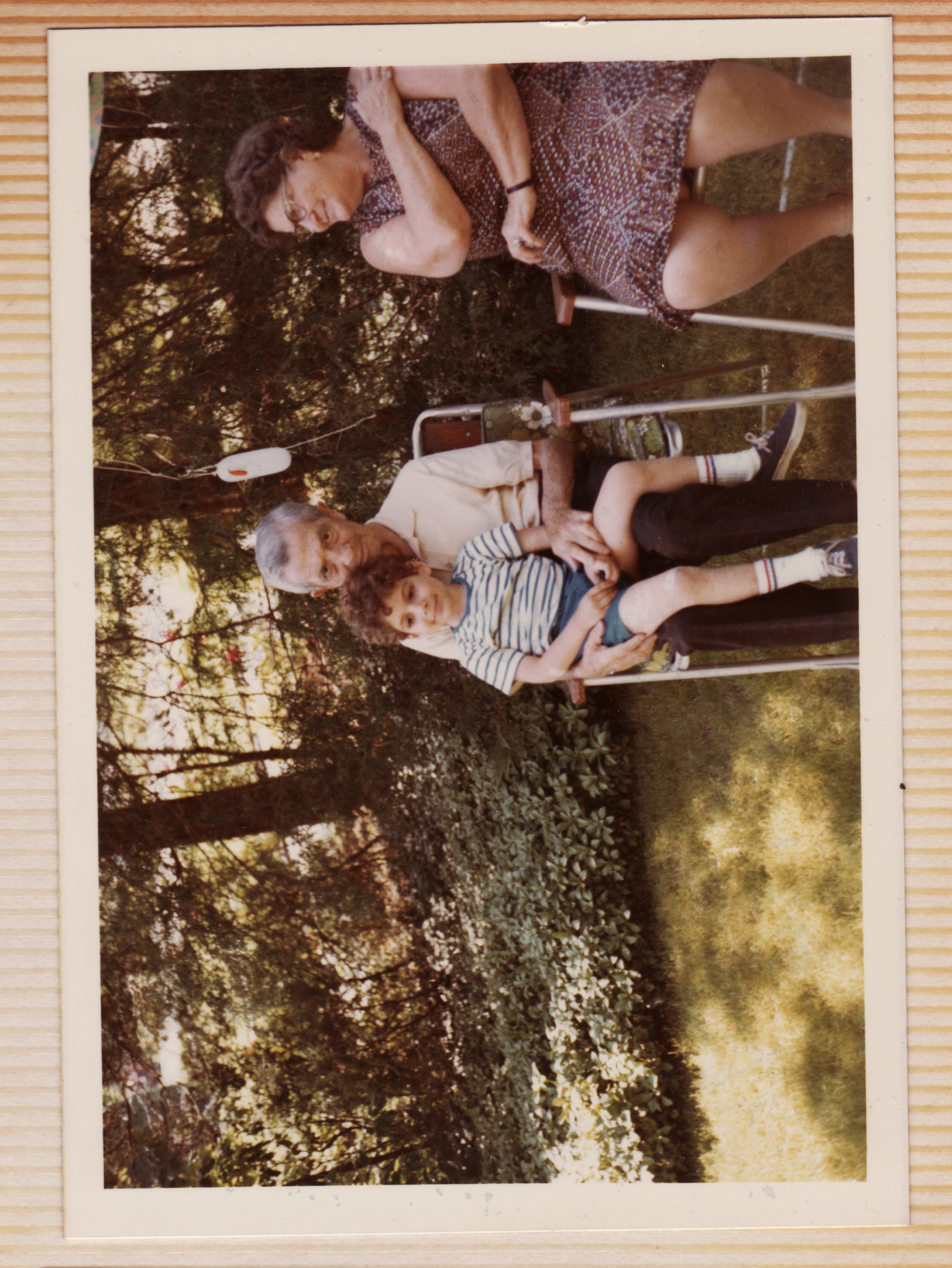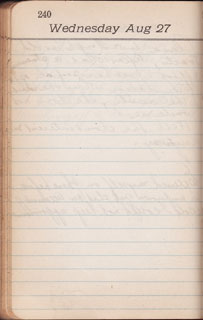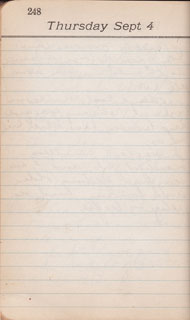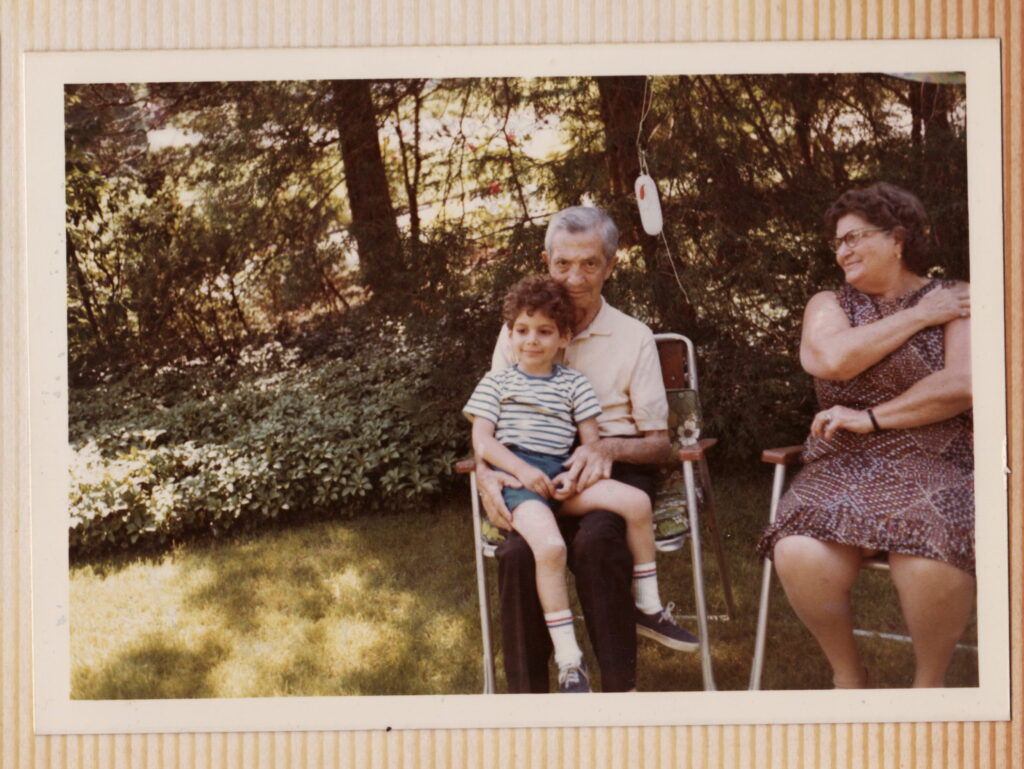
Nothing from Papa today. Perhaps he’s exhausted from all the attention he’s been getting from women over the past couple of days. If he had enough energy to look at the papers, here’s what might have caught his eye in the New York Times:
POLITICS NEVER POLITE. — Remember, there was a Presidential campaign underway in 1924. Even though the Democratic nominee, John W. Davis, had no real chance after his party’s contentious convention back in July, he was still out there campaigning. This editorial takes the Republicans to task for complaining about Davis’ tough language on the stump.
ARGUE FOR HANGING OF FRANKS SLAYERS; State Prosecutors Call Leopold and Loeb Fiends, While the Youths Listen Unmoved. — I admit this might be more interesting to me than to Papa since I just finished Compulsion, Meyer Levin’s excellent, thinly fictionalized account of the Leopold and Loeb saga. Still, the trial was a national sensation, so perhaps Papa was following along.
MOVIE OPERATORS VOTE TO STRIKE; Union to Collect Defense Fund of $200,000 for Strife to Begin Sept. — As a labor activist and movie lover, Papa must have been intrigued by the prospect of a movie operators’ strike (I think projectionists called themselves movie operators in those days). Negotiations broke off a week later, but theater owners apparently had no problem finding operators from outside The Motion Picture Operators’ Union, Local 306.
Today’s Radio Program – The Times radio listings (they appear to be a new innovation in August 1924, but I need to figure out when they first started appearing) show that Papa might have heard some of the following if he spent the evening at home with his headphones:
- WEAF: Vladimir Karapepoff, Piano; “Modern Children’s Crusade,” by Jackie Coogan
- WNYC: Jascha Gurewich, saxophone; Sam Perry and Herbert Clair, piano duets; “Physical Examination of Food Handlers by the Occupational Clinic,” by Dr. Rudolph Rapp; Police alarms, stolen automobiles, missing persons, weather forecasts.
- WJZ: Gotham Hotel Orchestra; French lesson; Waldorf-Astoria Orchestra
 ?
? ?
?









